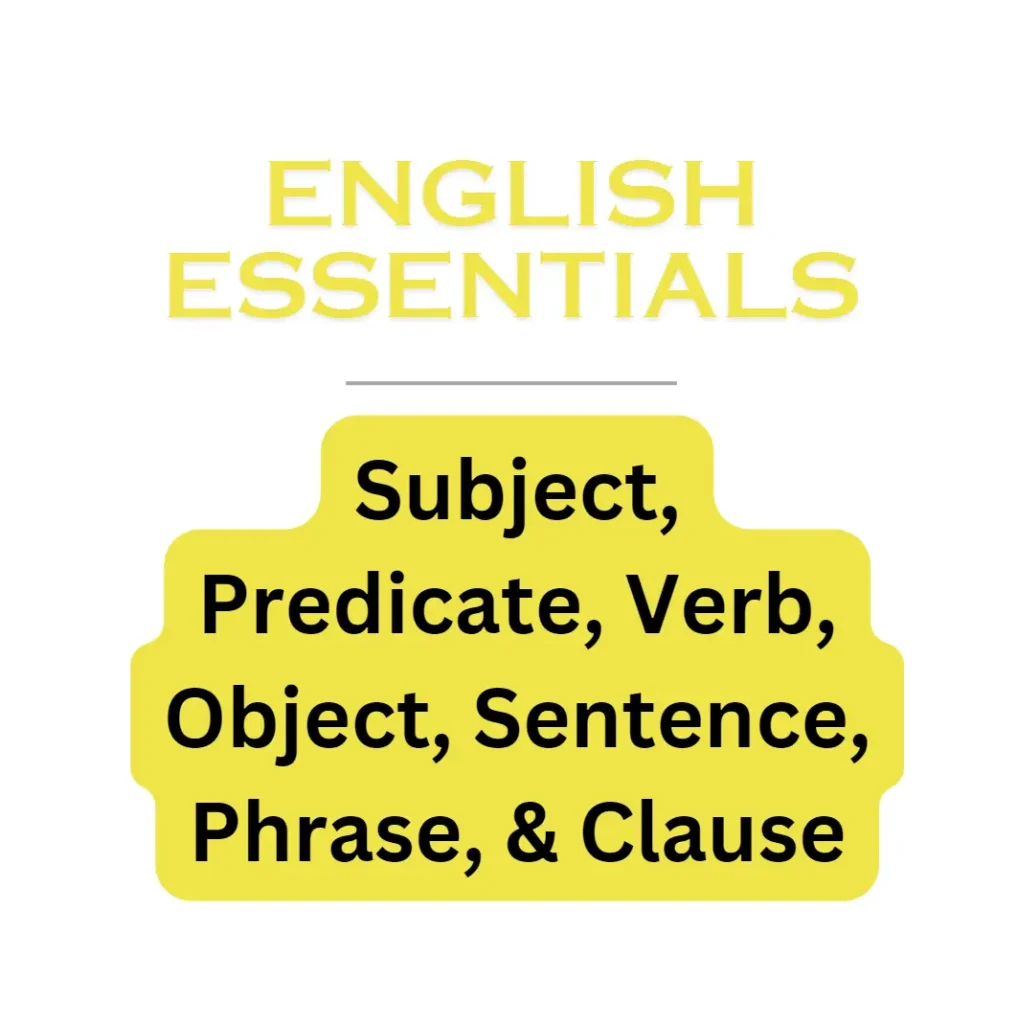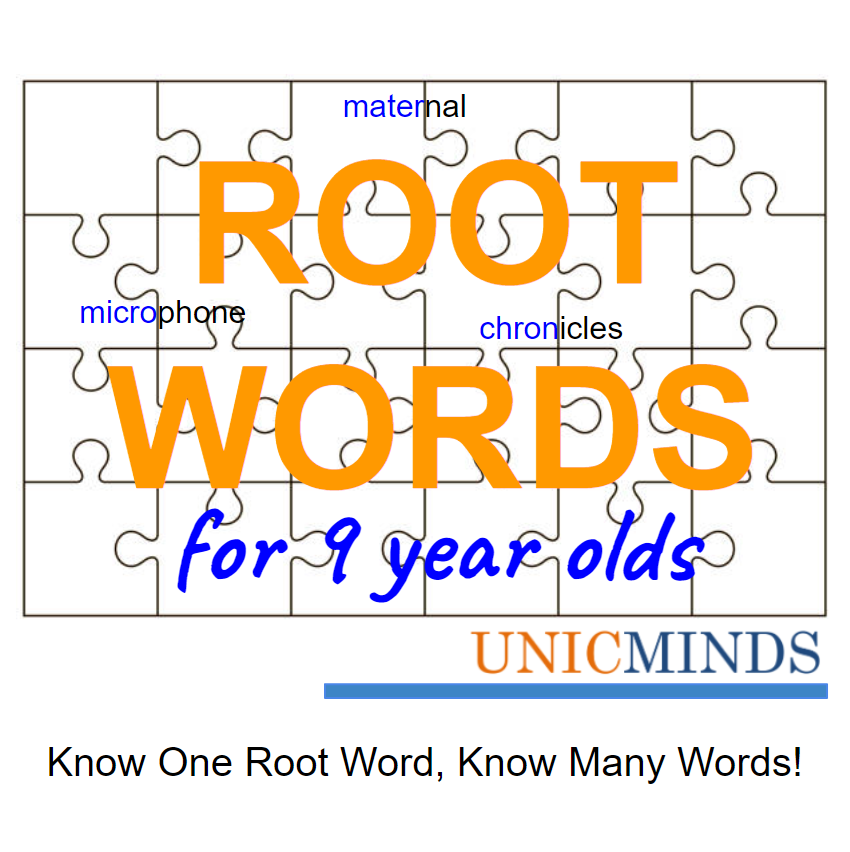What is a Sentence?
A sentence is a group of words that convey one minimum complete thought. It has a Subject and a Verb at a minimum and a Subject, a Verb, and an Object at a maximum.
A sentence is also defined as a combination of Subject and Predicate. Predicate is the part which includes the verb and the object and gives us information what the Subject is or is doing.
Do the below exercise on Subject, Predicate, Verb, and Object (answers at the end)
What is a Phrase?
A phrase is a group of words without a subject and a verb. It may have a partial subject or a verb but not both. Phrases are used to provide additional information about people, things, or events. It can also be defined as: a Phrase is a group of words without a Subject and a Predicate. Hence, a Phrase doesn’t express a full thought.
Phrases that function as nouns -> noun phrases
Phrases that function as adjectives -> adjectival phrases
Phrases that function as adverbs -> adverbial phrases
Phrases that function as prepositions -> prepositional phrases
Phrases are typically used to build a sentence, modify parts of a sentence, or to provide more information.
We understood what a phrase is.
Then, what is a clause?
A clause is a group of words having a subject and a predicate. Wait, will that not be a sentence? Yes & No – we will come to it. A clause can also be said as a noun phrase with a verb.
There are two types of clauses: independent clause and dependent clause.
Example 1: orange is my favorite color—> This is an independent clause and it can stand alone as a sentence too.
Example 2: Because orange is my favorite color —> This is a dependent clause and it cannot stand alone as a sentence.
A dependent clause has a subject and verb, but it doesn’t form a main idea.
Now, let’s look at what makes a grammatically correct sentence:
- A sentence should have a minimum of one independent clause.
- A sentence can have more than one independent clauses joined by a conjunction.
- A sentence can have one independent clause and one dependent clause. Or even multiple dependent clauses
How to Join Two Independent Clauses?
For example, join the below two independent clauses:
Sentence 1/Independent Clause 1: I was tired of working all day.
Sentence 2/Independent Clause 2: I decided to have a long night’s sleep.
Final Sentence: I was tired of working all day, so I decided to have a long night’s sleep.
How to An Independent Clause and a Dependent Clause?
You have to use the following two rules while using the subordinating conjunction:
- Rule #1: When the independent clause comes first, don’t use a comma
When the dependent clause follows the independent clause, don’t use any comma between the clauses.
<independent clause><subordinating conjunction> <dependent clause>
Example: I decided to go to bed since I was really tired.
- Rule #2: When the dependent clause comes first and begins with a subordinate conjunction, use a comma between the clauses
<dependent clause>,<independent clause>
Example: Since I was really tired, I decided to go to bed.
subordinating conjunctions
Hope this is useful to gain a basic perspective and understanding of sentence structures in English, thank you.
You may like to read: Online English Classes, The Meaning of STEM Education, & AI for Kids.


